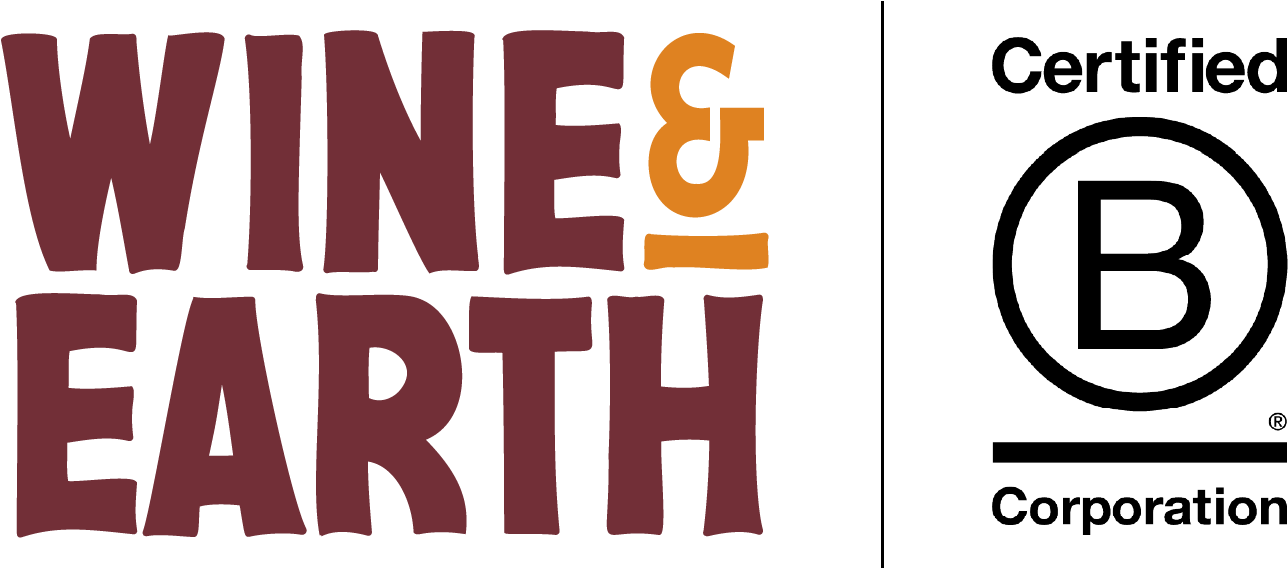Organic wines are grown more sustainably than ordinary wines.
Organic certified vineyards don't use pesticides or fertilisers. On a normal vineyard, pesticides, herbicides and fertilisers are all used to make sure the maximum yield is achieved from the vines. But these have negative impacts on biodiversity, local freshwater, and means that your wine will contain residues.
Organic grapes are grown without these chemicals. They do still use traditional methods such as adding yeast and sugar to facilitate fermentation - though some natural winemakers even avoid these. Organic winemakers will filter the wine and age it in oak casks, but the winemaking process follows strict organic controls in order to achieve certification.
Traditional, non-organic wine can have high levels of sulphites to it, and animal products are used to clarify the wine. Organic wine does not use these chemical additives in the finishing process, meaning the organic wine is low-sulphite and vegan-friendly.
Progressive organic vineyards are often (but not always) more holistic, including things like introducing cover crops which attract predators of pests, effectively creating an ecosystem that no longer requires harmful pesticides. Cover crops can increase vineyard biodiversity by about 30-50% according to the Soil Association, but more importantly reduce soil erosion, which results in 400,000 tonnes of soil lost in the Prosecco region alone.
Certification as organic is from national bodies, and the wines will carry a logo to represent their organic status.
But organic is only one approach to sustainability - we'll investigate other sustainable practices in the rest of this blog series.
> Explore our range of exceptional organic and biodynamic wines




Comments (0)
There are no comments for this article. Be the first one to leave a message!